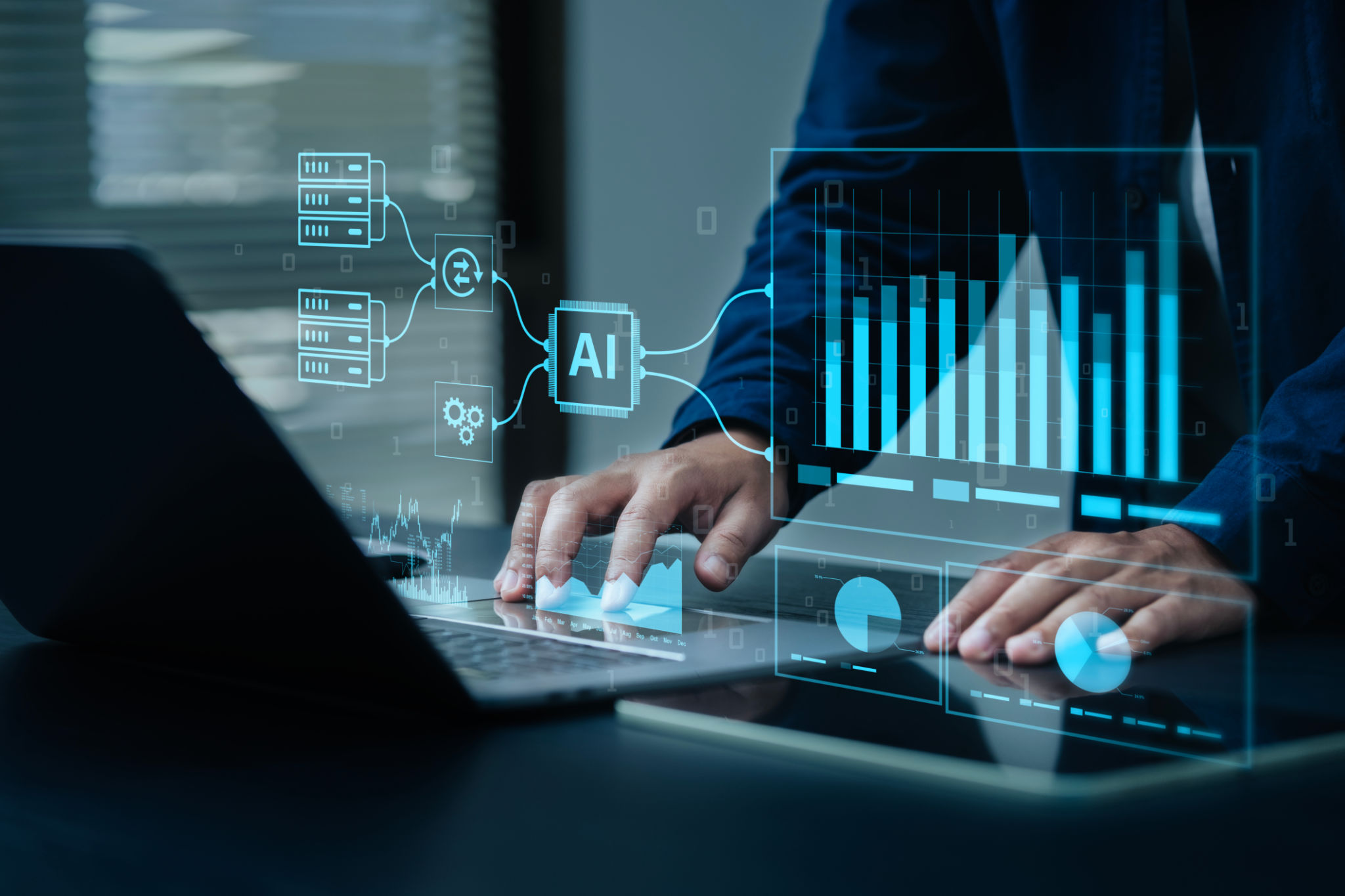The Role of AI in Enhancing Employee Engagement: A Guide for HR Professionals
The Transformative Power of AI in Employee Engagement
In today's rapidly evolving business landscape, organizations are increasingly turning to artificial intelligence (AI) to boost employee engagement. As HR professionals, understanding how AI can be leveraged to enhance workplace culture and morale is crucial. AI offers a myriad of tools and techniques that can personalize the employee experience, streamline communication, and foster a more connected workforce.

Personalizing Employee Experiences with AI
AI can play a significant role in personalizing the work environment to suit individual employees' needs. By analyzing data from various sources, AI systems can identify patterns and preferences, allowing HR teams to tailor experiences and initiatives accordingly. This personalization can lead to higher job satisfaction and engagement, as employees feel more valued and understood.
For instance, AI-driven platforms can recommend learning and development opportunities based on an employee's career goals and current skill set. This targeted approach not only encourages professional growth but also shows that the organization is invested in the employee's future.
Enhancing Communication and Collaboration
Effective communication is a cornerstone of employee engagement, and AI can significantly enhance how information is shared within an organization. AI-powered chatbots and virtual assistants can facilitate seamless communication by providing instant responses to common queries, thus reducing wait times and freeing up HR personnel for more complex tasks.

Furthermore, AI tools can analyze communication patterns across teams to identify potential bottlenecks or areas for improvement. By addressing these issues proactively, HR can foster a more collaborative and efficient work environment.
Utilizing AI for Predictive Analytics
Predictive analytics is another area where AI shines in enhancing employee engagement. By harnessing vast amounts of data, AI can predict trends such as employee turnover rates and identify at-risk employees who may require additional support. This proactive approach allows HR professionals to intervene early, offering solutions that can prevent disengagement and attrition.
Moreover, these insights can inform strategic decision-making at the organizational level, ensuring that policies and initiatives are aligned with the workforce's evolving needs.

AI in Employee Wellness Programs
Employee wellness is integral to engagement, and AI can significantly enhance wellness programs. By monitoring employee health data (while respecting privacy), AI systems can suggest personalized wellness plans that promote better work-life balance. This support can range from recommending stress-reduction activities to offering mental health resources.
Such personalized wellness initiatives demonstrate an organization's commitment to its employees' well-being, fostering a sense of care and community.
Challenges and Considerations
While AI offers numerous benefits, it's important for HR professionals to approach its implementation thoughtfully. Ensuring data privacy and security is paramount, as is maintaining a balance between automation and human interaction. Employees value personal connections, so it's crucial that AI serves to enhance rather than replace these interactions.
Moreover, ongoing training is essential to ensure that HR teams are equipped to leverage AI tools effectively. As technology continues to evolve, staying informed about the latest developments will be key to maximizing AI's potential in employee engagement.
